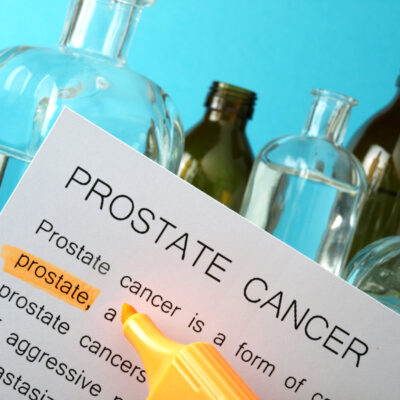
7 Known Risk Factors of Breast Cancer
One may develop breast cancer due to the presence of several factors. As a woman gets older, the risk of developing the disease increases. Experiencing a risk factor does not necessarily mean that you will get breast cancer. Some women may develop breast cancer even without any known risk factor. It is best to consult your doctor if you have one or more of the common risk factors for breast cancer mentioned below.
1. Genetic mutations
Genetic mutations or inherited changes to certain genes such as BRCA 1 and BRCA 2 are common factors for developing breast cancer. Women who have inherited these mutations are at a higher risk of cancer.
2. Reproductive history
Reproductive history is one of the most common risk factors for breast cancer. Women who have started menstruating before the age of 12 and those who have started menopause after 55 have longer exposure to hormones. Other factors that can raise the risk of cancerous growth are first pregnancy after the age of 30, not breastfeeding, and never having a full-term pregnancy.
3. Having large and dense breasts
Women with dense and large breasts are more susceptible to getting cancer. Heavy breasts are made of more connective tissue than fatty tissue. It can make it difficult to scan abnormal growth on a mammogram.
4. Family history
Family history is one of the common risk factors for breast cancer. You are at a higher risk if you have first-degree relatives (mother, sister, or daughter) or several family members on either side of your mother’s or father’s side who have had breast or ovarian cancer.
5. Past treatments
There is a high chance of developing breast cancer later in life if you have had radiation therapy to the chest before age 30. Radiation therapy is done while treating Hodgkin’s lymphoma and other types of cancers.
6. Exposure to Diethylstilbestrol (DES)
DES was prescribed between 1940 and 1971 to prevent miscarriage. Women exposed to this drug have a higher chance of developing breast cancer than those who did’nt. Women whose mothers took this drug while being pregnant with them are also exposed to the risk.
7. Hormone therapy
Exposure to hormone therapy for more than five years increases the risk of breast cancer significantly. Hormone replacement therapy that includes both estrogen and progesterone is recommended by doctors during menopause. Some oral contraceptives or birth control pills are also known to raise the risk of cancerous growth.
Several other factors include not being physically active, regular consumption of alcohol, smoking, and being overweight after menopause. Their presence can aggravate the condition. If you experience any of the above-mentioned common risk factors of breast cancer, do not neglect it. Immediately consult a health care professional for immediate medical intervention.


